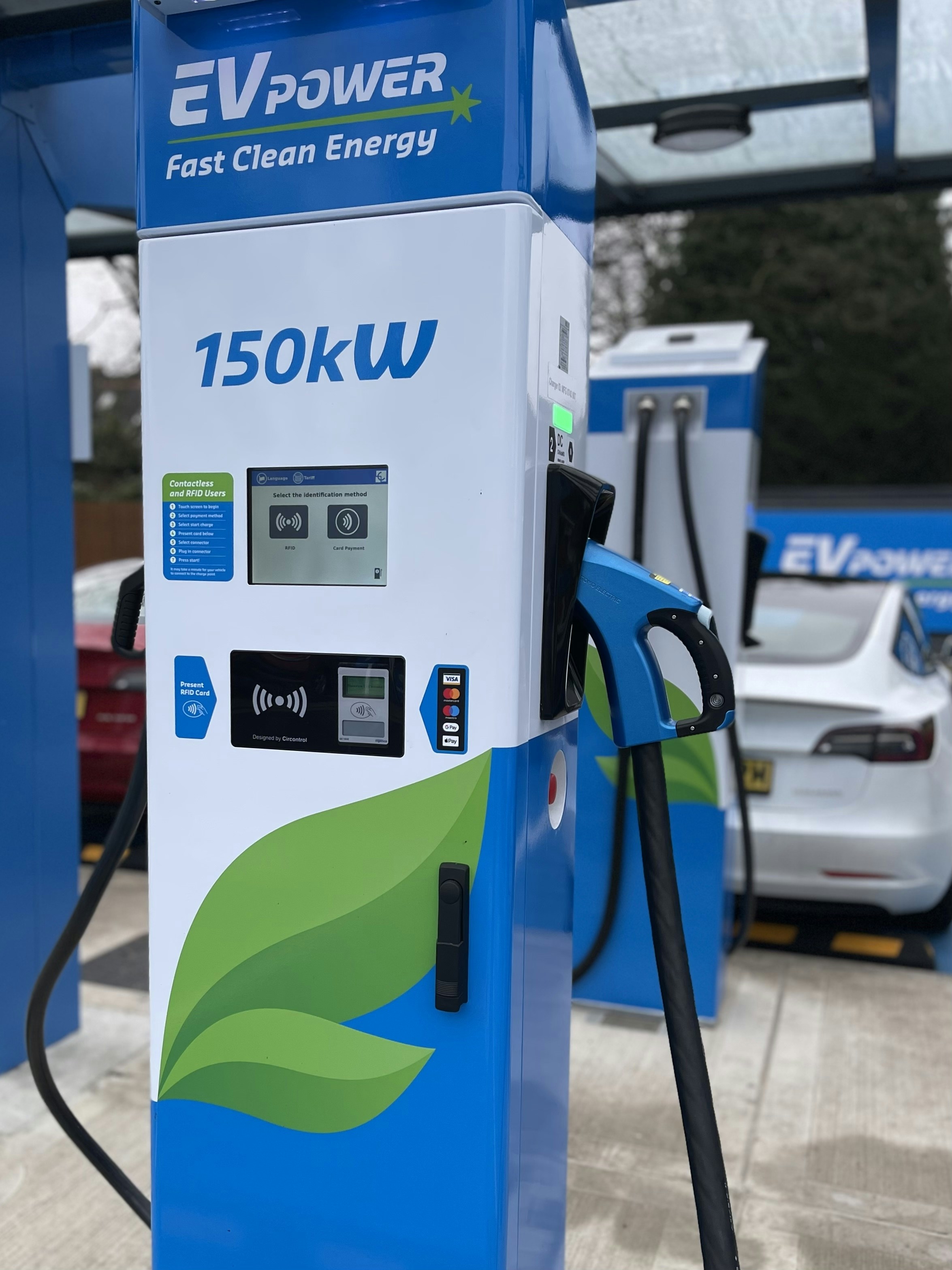Understanding ‘Dumsor’: The Context of Power Outages in Ghana
‘Dumsor’ is a term commonly used in Ghana to describe the persistent power outages that have become a part of daily life for many Ghanaians. The term is derived from the Akan language, where *”dum”* means to turn off and *”sor”* means to turn on. This phenomenon, rooted in years of infrastructural challenges, mismanagement, and insufficient generating capacity, has led to numerous periods of electrical supply inconsistencies across the nation.
The frequency of these power outages has varied greatly. In some months, residents may experience daily blackouts that last for several hours, while other times, the outages may be less consistent. Studies show that these power interruptions are not only inconvenient but also detrimental to personal and commercial activities, causing a ripple effect across the economy. For citizens, the impact of ‘dumsor’ extends beyond mere inconvenience; it disrupts homes, workplaces, and educational institutions, making reliable electricity a critical concern for nearly every aspect of life.

This situation poses significant challenges for the future of electric vehicles (EVs) in Ghana. As the country explores technological advancements in sustainable transport, the presence of an unstable power grid raises questions about the feasibility of electric mobility solutions. Potential buyers may hesitate to invest in EVs due to concerns about the reliability of EV charging amidst the notorious issues related to power outages. The reliability of EV charging with ‘dumsor’ is of utmost concern; hence, understanding how electricity stability for electric vehicles is affected becomes essential when evaluating the adoption of electric mobility solutions. With Ghana’s growing interest in EVs, addressing electric mobility issues in light of these energy challenges will shape the future of sustainable transport in the country.
Challenges of EV Adoption in the Context of “Dumsor”
The implementation of electric vehicles (EVs) in Ghana is undoubtedly promising, yet significant hurdles persist due to the ongoing issues related to ‘dumsor,’ or power outages. One of the principal challenges is the reliability of EV charging infrastructure amidst these power interruptions. The tenure of regular power cuts complicates the establishment and maintenance of an extensive charging network necessary for efficient electric mobility. Many potential EV owners express concern regarding the availability of charging stations during outages, thus questioning the overall feasibility of transitioning from conventional vehicles to electric mobility.
Additionally, power outages pose threats to the health of EV batteries. Intermittent charging can lead to incomplete battery cycles, which may degrade battery performance over time. This raises questions about the longevity and efficiency of EVs as a sustainable transport option within Ghana’s energy challenges. With inconsistent electricity supply, potential buyers may weigh the risk of investing in electric vehicles against the potential reduction in battery lifespan due to unreliable charging conditions.
The ‘dumsor’ phenomenon further impacts the overall viability of electric vehicles, leading to concerns around travel range during and after outages. The fluctuations in electricity availability can lead to uncertainty in charging capabilities, which may deter potential buyers. The fear that an EV could run out of charge when a power outage disrupts the ability to recharge poses a significant drawback for those considering this transition. Prospective owners often ask, “can EVs work in Ghana with dumsor?” This question reflects a broader concern about how sustainable initiatives can thrive in a setting challenged by power instability.
Understanding these challenges is essential for stakeholders aiming to enhance the future of electric vehicles within Ghana. Addressing the concerns surrounding EV charging with dumsor is pivotal in fostering electric mobility and improving the general perception of EVs among the populace.
Potential Solutions for EV Charging During Dumsor
The persistent issue of ‘dumsor,’ which refers to the frequent power outages in Ghana, presents significant challenges for electric vehicle (EV) adoption, impacting the reliability of EV charging infrastructure. However, various strategies can be employed to alleviate the difficulties faced by EV users during these outages, ensuring that the future of electric vehicles in Ghana remains promising despite the existing energy challenges.
One effective approach is the integration of solar energy for EV charging. With Ghana’s abundant sunlight, solar energy can be harnessed to create off-grid charging stations. Individuals can install solar panels on their properties to power EV chargers, thereby facilitating a sustainable transport system that reduces reliance on the national power grid. This aligns with the broader goals of sustainable energy practices in Ghana, promoting energy independence in the face of fluctuating grid reliability.

Furthermore, implementing home backup power systems can provide a buffer against sudden power outages. These systems, often comprising of generators or uninterruptible power supplies (UPS), can ensure that EV chargers remain operational during dumsor. Coupled with battery storage technologies, users can store excess solar energy generated during the day for nighttime charging, effectively managing issues related to the dumsor effect on electric vehicle range in Ghana.
Collectively, community initiatives and partnerships with local businesses can bolster these individual efforts. By establishing community solar EV charging stations, residents can create shared resources that mitigate the impact of power outages. Such collaborations can also foster local innovation in addressing electric mobility issues in Ghana.
Through these practical solutions, the reliability of EV charging can improve significantly, allowing Ghana to capitalize on the benefits of electric vehicles while navigating its unique power supply challenges. As we explore the future of electric vehicles in Ghana, addressing the blend of dumsor and electric mobility in a proactive manner will be essential for ensuring a successful transition towards electric transport.
The Role of Government and Policy in Supporting EV Adoption amidst Power Challenges
The electrification of transportation in Ghana is an essential step towards achieving sustainable transport, yet it faces significant barriers, notably the challenges posed by intermittent power supply, commonly referred to as ‘dumsor.’ Government involvement and effective policy frameworks play a crucial role in facilitating the integration of electric vehicles (EVs) within the Ghana power grid, despite these hurdles. To ensure the future of electric vehicles in Ghana is promising, strategic initiatives must be established and support mechanisms defined.
Current initiatives include investment in the Ghana EV charging infrastructure, aimed at making charging points widely available across urban areas. However, there remains a gap in the reliability of EV charging with dumsor, raising the question: can EVs work in Ghana with dumsor? Policies that encourage investments in renewable energy sources, such as solar-powered charging stations, could provide a solution to mitigating the risk of outages. However, comprehensive legislation and public-private partnerships are necessary to actualize this vision.
Incentives for individuals and businesses to transition to solar energy can also alleviate the burden on the power grid while providing a reliable source of energy for electric mobility. Alongside these incentives, public awareness campaigns should be initiated to educate the population on the benefits of EVs and sustainable transport. Such awareness is critical in addressing electric mobility issues in Ghana, which often stem from misconceptions about the viability of electric vehicles amid electricity instability.
Furthermore, the government should introduce policies that incentivize local manufacturers to produce EVs, thus fostering a homegrown electric mobility ecosystem. Collaborating with energy stakeholders to develop sustainable energy solutions is vital to enhance electricity stability for electric vehicles in Ghana. Bridging existing gaps in support is not merely a technical issue but requires strategic policy reform aimed at fostering an environment that embraces innovation and sustainable practices. This commitment will ultimately determine the success of EV adoption in the face of Ghana’s energy challenges.






